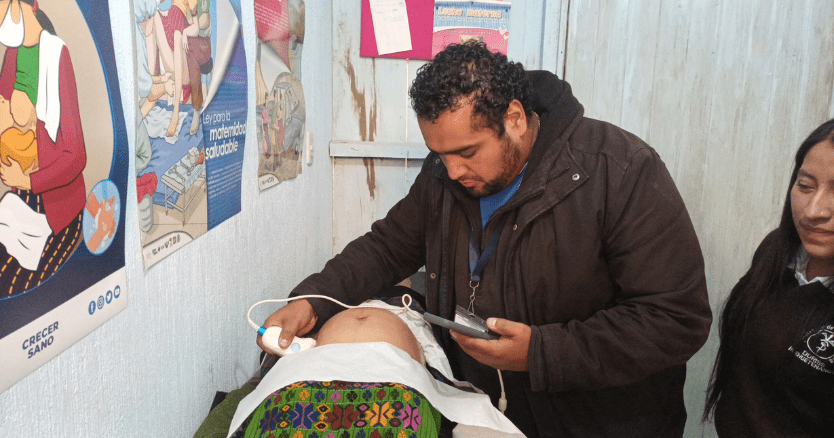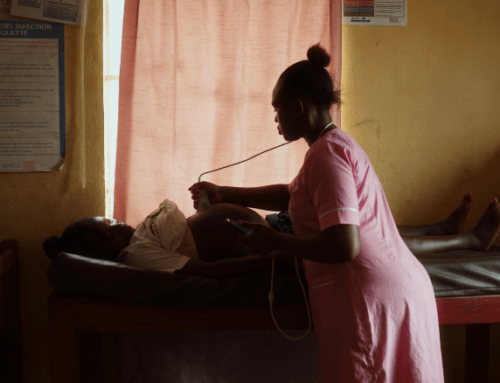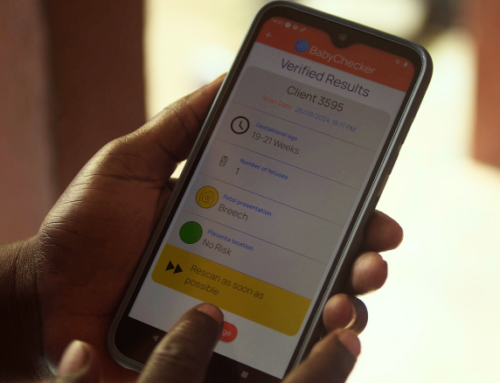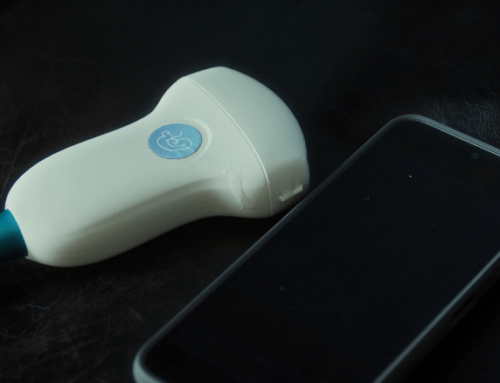Guatemala, officially known as the Republic of Guatemala, is a country in Latin America with a population of approximately 18.7 million people. It is one of the few Latin American countries with a large Indigenous population. More than 40 percent of the total population is Indigenous, and approximately 75 percent of this group lives in rural areas [i]. These communities face socioeconomic challenges such as limited access to healthcare, education, and economic opportunities, which increase their vulnerability.
Maternal healthcare in Guatemala presents significant challenges, particularly among Indigenous communities. The national maternal mortality rate (MMR) stands at 73 per 100,000 live births, but this figure can more than double in rural Indigenous areas. Indigenous women are therefore twice as likely to die from preventable pregnancy-related complications as non-Indigenous women [ii]. Several indicators illustrate these disparities.

While around 65 percent of all births in Guatemala take place in health facilities, the figure is much lower in remote and underserved regions, where facilities are often located several hours away. Data shows that 51% of Indigenous women in Guatemala do not attend the recommended four or more antenatal care visits during pregnancy, and 30% give birth without the presence of a skilled attendant. The primary drivers of maternal mortality in these areas include lack of access to healthcare facilities, delayed intervention during obstetric emergencies, and inadequate early detection of pregnancy-related risks. These deaths are largely preventable with timely access to quality antenatal care and skilled delivery support.
In October 2024, Delft Imaging partnered with the EHAS Foundation to support their Healthy Pregnancy Project in Guatemala. The project is a collaboration between EHAS and TulaSalud, a local NGO that strengthens healthcare delivery in rural and underserved regions through digital health initiatives. [iii]. Supported by the Tula Foundation, the Healthy Pregnancy Project aims to reduce maternal mortality using portable ultrasound scanners. [iv] As part of this initiative, TulaSalud is currently using BabyChecker at a community health centre (puesto de salud) to screen pregnant women. [v]

BabyChecker is an AI-powered screening solution developed by Delft Imaging to support antenatal care in low-resource settings. It analyzes obstetric ultrasound scans to identify pregnancy-related risks. Scans can be performed with a handheld ultrasound device by any frontline health worker within two minutes. After watching a three-minute training video, users are guided through the scanning process via the BabyChecker mobile application. The process involves standardized abdominal sweeps, after which the AI analyzes the scan and generates outputs for gestational age, fetal presentation, and placental location. Based on these results, the application provides a risk indication using a traffic-light system.

Since its introduction in Guatemala, nursing assistants (Auxiliares de Enfermería) have conducted 320 scans using BabyChecker. A total of 285 pregnant women have been scanned, of which 46 were identified as high-risk cases and 111 as mid-risk. These results are helping community health centers identify potentially risky pregnancies and refer patients for appropriate follow-up care.
Over the past six months, user experience and scan performance were also monitored. Ten healthcare workers have used BabyChecker independently after watching the short training video. Of the scans completed, 86 percent were rated as good quality. Fifty percent of users achieved a performance rate of over 90 percent, defined by the percentage of scans that met quality criteria.
These results indicate that BabyChecker is user-friendly and effective in guiding referrals. The users have found it easy to integrate the solution into their workflow, supported by a straightforward training and instruction process. The tool is contributing to improved antenatal care and earlier identification of pregnancy risks in the communities served.



